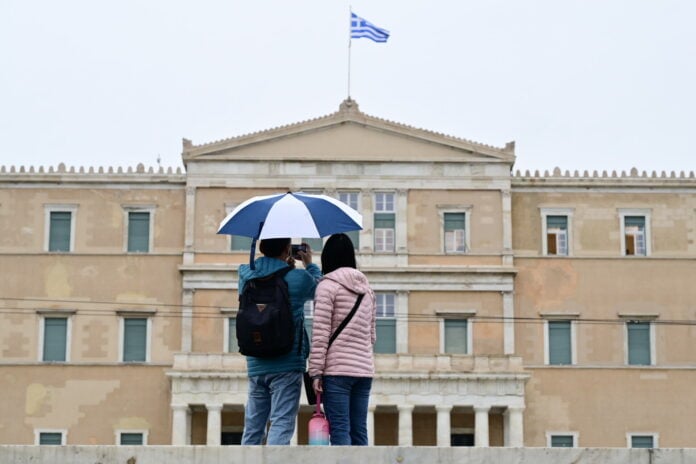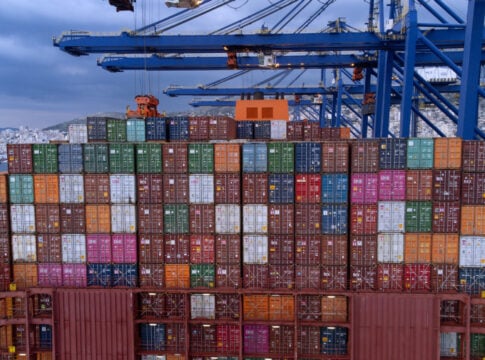The Greek economic sentiment index rose to 107.7 points in March from 106.9 points the previous month, the Foundation for Economic and Industrial Research IOBE said in a report.
According to IOBE, this slight improvement in the index comes from construction and industry, as services, retail trade, and consumer confidence weaken slightly.
Optimistic forecasts for industrial production and less pessimistic forecasts for private construction positively affected the index. However, consumers’ negative assessments of their households’ financial situation and the country’s economy seem to be strengthening, with a corresponding adverse effect on retail trade and services.
The macroeconomic and fiscal data of the economy remain stable, with the reduction in unemployment creating income for more households.
The increasing external uncertainties, amid a wave of protectionism manifested in international trade, are also expected to affect the extroverted parts of our economy, although the exact consequences cannot yet be assessed in this volatile situation. Moreover, by offsetting these trends, the strengthening of European business alliances in important sectors may also create new opportunities for Greek businesses.
In more detail:
- In industry, the negative balance of estimates for orders and demand strengthened slightly, estimates for inventories weakened, while positive forecasts for production in the coming months improved significantly.
- In construction, negative forecasts for business work programs were significantly reduced, while positive forecasts for employment remained unchanged.
- In retail trade, estimates for current sales weakened significantly, with the level of inventories remaining unchanged and forecasts for short-term sales development improving significantly.
- In services, positive estimates for the current situation of businesses remained unchanged, while estimates for current demand strengthened slightly, with forecasts for short-term demand development significantly deescalating.
- In consumer confidence, households’ negative forecasts for the country’s economic situation intensified, while those for their own economic situation moved accordingly.














